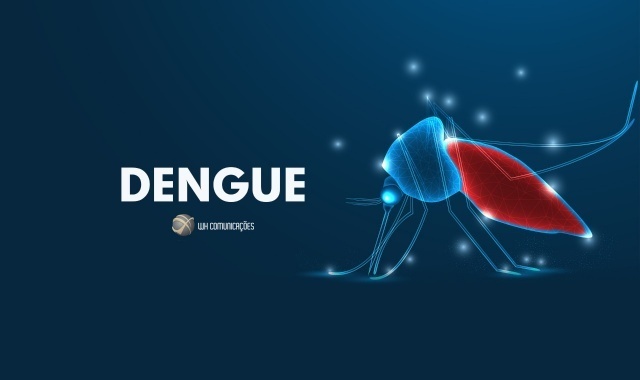
In less than six months, Brazil recorded more than twice the number of deaths from dengue over the entire past year, according to Health Ministry data released on Friday 24. There were 585 deaths from January to June 20. 2022, compared to 246 in the 12 months of 2021, an increase of more than 130%. This number is also higher than in all of 2020, when dengue fever killed 574 people. In 2019, there were 840 deaths. The number of cases this year is up 196% compared to the same period last year, reaching 1,143,041 across the country. The incidence is 550 cases per 100,000 residents. The disease is transmitted by the bite of Aedes aegypti.
The state of São Paulo leads the number of deaths, with 200 deaths, according to the ministry — the state health department puts it at 198. That number is four times greater than the 52 deaths recorded in the same period last year and nearly three times the total number of deaths in 2021, when it was There are 71. There are already 225,000 cases of dengue in São Paulo this year. In the same period last year, there were 130 thousand, according to the Ministry of State. The ministry already reports 297,000 cases in São Paulo, with a rate of 550 reports per 100,000 residents. The federal ministry is studying possible cases of dengue, while São Paulo is disclosing already confirmed cases.
The second state by number of deaths, Santa Catarina had 66 records. By region, the Midwest has the highest rate, at 1585.2 cases per 100,000 residents, followed by the Southern region, with 968.4 cases per 100,000 people. The state of São Paulo has the municipality with the highest incidence of dengue in Brazil: Araraquara, with 13,765 cases, a rate of 5,722 cases per 100,000 inhabitants.
With a population of 240,000, Araraquara has already recorded 17 deaths from dengue this year. According to InfoDengue, a monitoring system operated by the Oswaldo Cruz Foundation (Fiocruz), the city is on high alert. The city’s high infection rate has led to the creation of an exclusive care center for this disease at the Hospital de Campanha, which is open daily, including weekends and holidays, from 7am to 7pm. A case room has also been set up to monitor the development of cases on a daily basis and outline procedures to combat vector mosquitoes. On average, endemic disease control agents visit 30,000 homes per month in search of breeding sites. There is also smoke, mist, as well as joint efforts to remove trash and useless items.
Education teams from Vector Control and Health Surveillance carry out educational activities in public and private schools, with lectures and exhibitions on dengue fever. All health units are focused on identifying and treating cases, according to the city council.
protection
The main preventive measures are: leaving the water tank well closed and cleaning it regularly; remove objects that accumulate water from backyards; take care of litter, keep materials for recycling in a closed bag and in a covered place; Get rid of plant pots dishes or use a small dish that fits better in the pot; Dispose of used tires at City Hall collection points. As a guideline for the Standardized Health System (SUS), field work to control mosquitoes that transmit dengue is primarily the responsibility of municipalities.

“Writer. Analyst. Avid travel maven. Devoted twitter guru. Unapologetic pop culture expert. General zombie enthusiast.”

:strip_icc()/i.s3.glbimg.com/v1/AUTH_e84042ef78cb4708aeebdf1c68c6cbd6/internal_photos/bs/2022/v/p/BtMfUHQTqCEO90HA7jMQ/gustavo-mioto-homenagem-marilia-mendonca-1-.jpg)